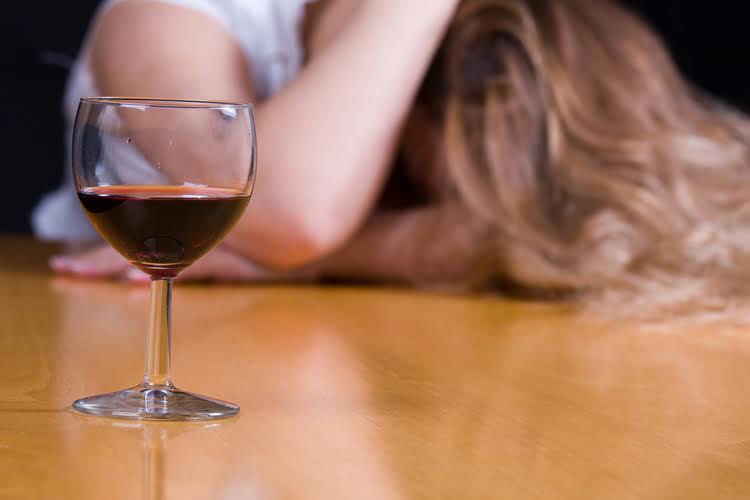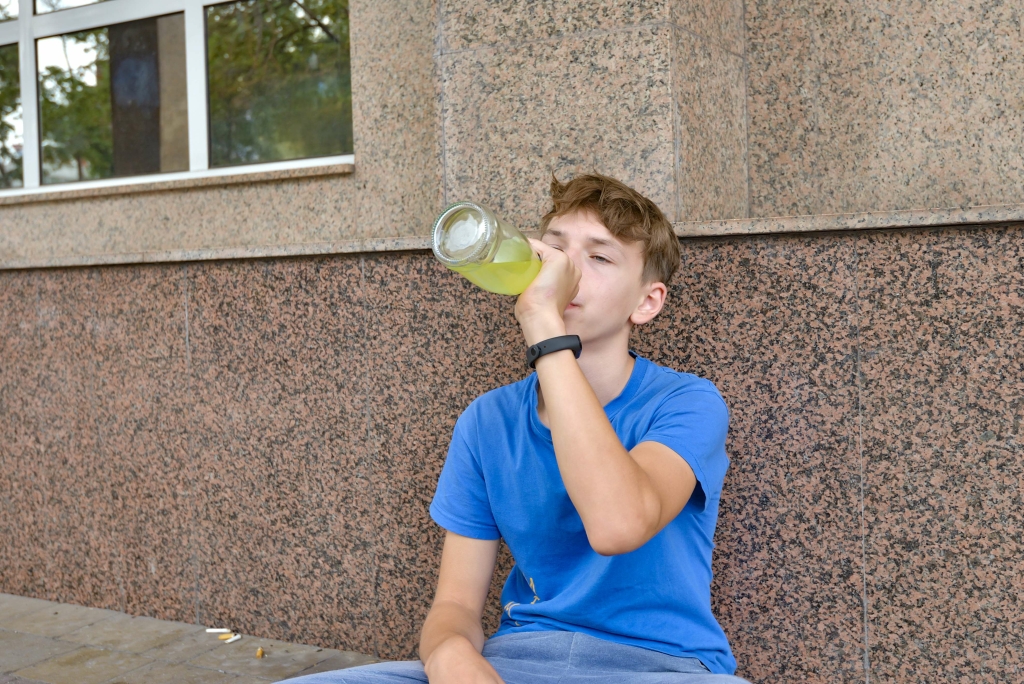These podcasts can help individuals gain a better understanding of addiction, learn about different treatment options, and discover new strategies for maintaining sobriety. Outpatient treatment is another option for individuals seeking medical addiction treatment. Outpatient treatment allows individuals to receive treatment while still living at home and attending work or school. This type of treatment typically involves attending therapy sessions, group counseling, and other forms of support on a regular basis. Once you’ve identified your triggers, the next step is to develop healthy coping https://best-stroy.ru/docs/r130/2041 mechanisms to replace alcohol use. This can include activities such as exercise, meditation, journaling, or engaging in hobbies that bring you joy and relaxation.
Tips to Make it Through Early Recovery

Alcoholics may even lie and blame others, rather than their addiction, for their problems. They usually resent suggestions that they should seek help or change their behavior. While the recovery period may be challenging, it’s also https://www.zel-veter.ru/news/view/275 filled with milestones that can transform your life into one that’s better than you could have previously imagined. During this period, you can expect to develop new skills you may have never learned that made you more susceptible to AUD in the first place. The mental challenge of this stage is not to let anything make you feel defeated.

Day Four
- Understanding these stages helps you know what to expect if you or a loved one are ready to stop drinking.
- Many individuals experience better recovery outcomes when they continue to “step down” in care after detox.
- Others struggle with insomnia and poor-quality sleep long after they quit drinking.
Of these, 17 million have both substance abuse and mental health issues. It often includes cognitive-behavioral therapy (CBT), which helps with addiction and emotional problems17. The recovery journey stages include several important phases that might overlap or happen again, showing http://www.redov.ru/kompyutery_i_internet/kompyuternye_sovety_sbornik_statei/p40.php the non-linear nature of getting better from addiction. This is when the initial dose isn’t enough anymore, causing an increase in usage4.
Who Experiences Alcohol Withdrawal Symptoms?

Lasting recovery requires lasting effort, but relapse is not failure or weakness; it takes more than willpower to maintain sobriety. This article discusses the meaning of sobriety and arms you with information and strategies to smooth—and stay on—your path to wellness. The acute phase of alcohol detox can last anywhere from 6 hours to 2 weeks. Withdrawal symptoms are usually mild in the first few hours after your last drink. They may include headache, mild anxiety, insomnia, mild shakiness or tremors, and an upset stomach. Friends in recovery can help you avoid high-risk situations, potential relapses, and provide you with alternatives as you discover your new, sober life.